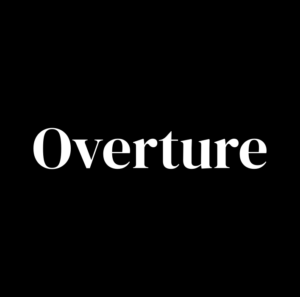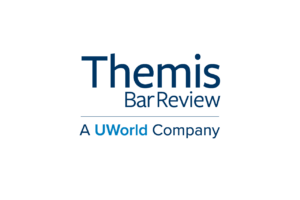Biglaw Firm Bounced From Case Over Private Equity Work
Is a profitable source of Biglaw work about to run dry?
 This is the kind of story the may seem bland on the outside — bankruptcy, private equity, and Biglaw aren’t the most exciting keywords. But this case has the potential to reverberate through the legal industry and could dry up a lucrative pipeline of work.
This is the kind of story the may seem bland on the outside — bankruptcy, private equity, and Biglaw aren’t the most exciting keywords. But this case has the potential to reverberate through the legal industry and could dry up a lucrative pipeline of work.
In a recent opinion, Vinson & Elkins was disqualified from representing wood-pellet maker Enviva in their bankruptcy. Why? Well, Judge Brian Kenney of the U.S. Bankruptcy Court in Alexandria, Virginia, found that V&E’s representation of private equity firm Riverstone was a conflict of interest, since the PE firm owns a 43% stake in Enviva.
As reported by the Wall Street Journal, the practice of turning private equity clients into bankruptcy clients has become increasingly common:

Trust The Process: How To Build And Manage Workflows In Law Firms
Allegations of potential conflicts regularly arise in bankruptcies but rarely result in disqualifications. The unusual Enviva decision illustrates how power has become concentrated in the hands of a relatively small number of law firms that dominate a restructuring scene made up of troubled companies and the investment houses that back them.
It isn’t just Vinson & Elkins. A handful of larger firms have also grown deft at turning their private-equity clients into a pipeline of bankruptcy work. When a client’s investment turns bad, law firms can apply to represent the interests of its portfolio company in bankruptcy. That can require taking positions against the private-equity sponsor. Lawyers often bring in another firm to act as conflicts counsel for that purpose.
Judge Kenney said that the conflict was large enough to lead to disqualification because V&E can’t delegate the reorganization task, and some of its lawyers work on Enviva and Riverstone matters simultaneously. And that’s a giant deal for the way massive Biglaw firms that have their hands in both the PE and bankruptcy cookie jar do business.
As Harvard Law professor Jared Ellias noted, “It’s a judge pushing back on what had become a common practice in the bankruptcy world and saying no. That’s a threat to the business of some law firms that do a great deal of business advising the portfolio firms of their sponsor clients.”
In the short term, that might mean firms steer clients away from filing for bankruptcy in Virginia. But should Kenney’s view of conflict gain mainstream traction, that could be an issue for Biglaw’s business model.
Sponsored

Referral Fees The Key To Growing A Modern Practice? Overture Thinks So.

Trust The Process: How To Build And Manage Workflows In Law Firms

How Savvy Lawyers Build Their Law Firm Rate Sheet

Law Firms Now Have A Choice In Their Document Comparison Software
 Kathryn Rubino is a Senior Editor at Above the Law, host of The Jabot podcast, and co-host of Thinking Like A Lawyer. AtL tipsters are the best, so please connect with her. Feel free to email her with any tips, questions, or comments and follow her on Twitter @Kathryn1 or Mastodon @Kathryn1@mastodon.social.
Kathryn Rubino is a Senior Editor at Above the Law, host of The Jabot podcast, and co-host of Thinking Like A Lawyer. AtL tipsters are the best, so please connect with her. Feel free to email her with any tips, questions, or comments and follow her on Twitter @Kathryn1 or Mastodon @Kathryn1@mastodon.social.
Sponsored

Raising The Bar in Bar Prep








